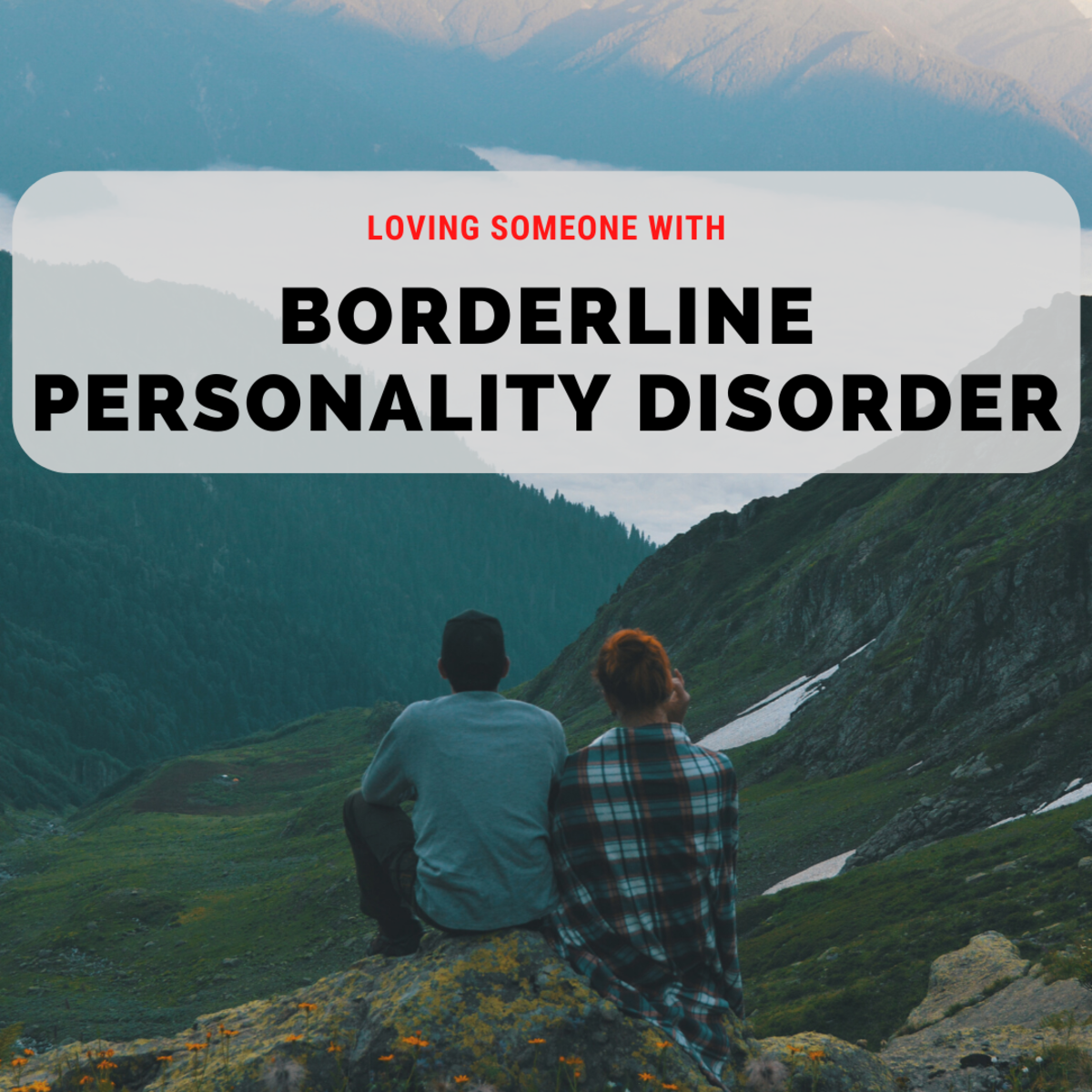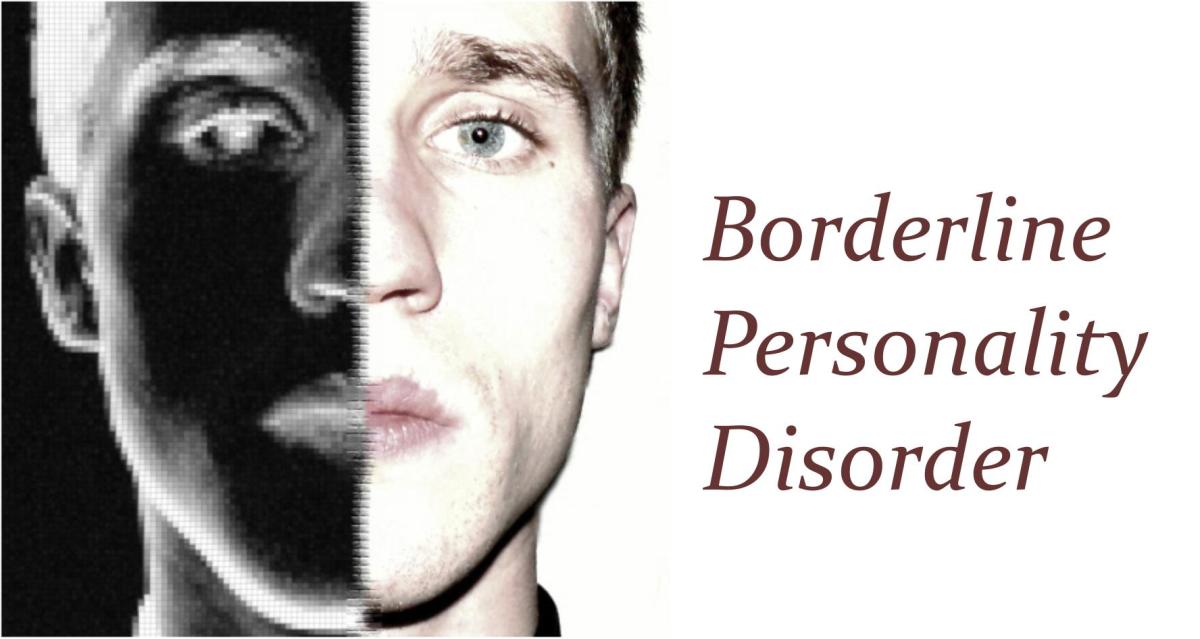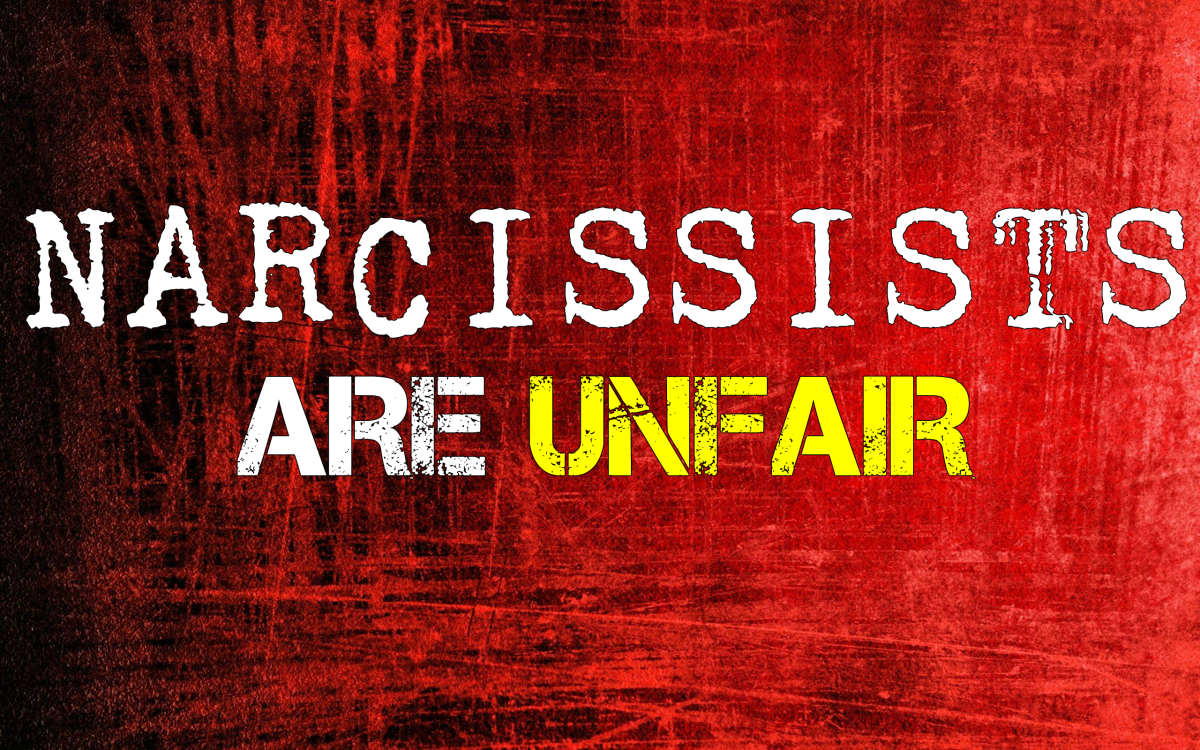- HubPages»
- Health»
- Mental Health»
- Personality Disorders
What does BPD with NPD really look like?
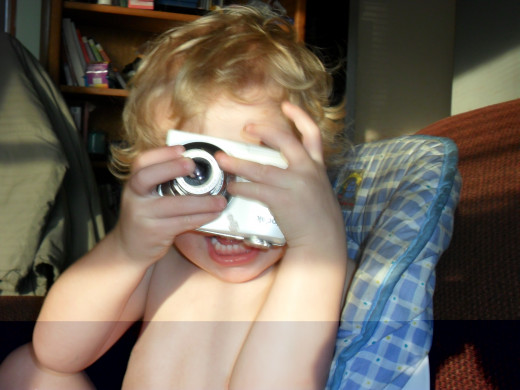
What is BPD?
BPD stands for Borderline Personality Disorder.
The symptoms of BPD can include:
- Unstable identity or sense of self-image. They can change drastically or dramatically from one day to the next, even from moment to moment depending on severity.
- Inability to maintain a stable relationship. The value of worth placed upon the other person fluctuates inconsistently from complete admiration to loathing.
- Rapid and possibly severe mood swings.
- Fear of abandonment (whether real or imagined); taking great efforts to avoid this at all costs.
- Impulsive, risky behavior; being promiscuous, dare-devilish, or irresponsible with money, health, or personal safety.
- Repeated thoughts, actions, or threats of committing suicide.
- A nagging feeling of "emptiness"
- Anger management or anger control issues
- Paranoia or lapses in memory during times of severe stress.
For a more in depth view of BPD go to MedicineNet.com
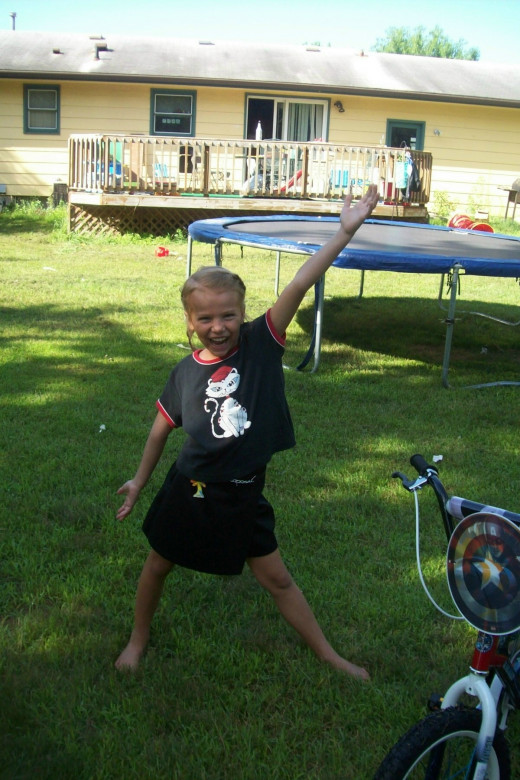
What is NPD?
NPD stands for Narcissistic Personality Disorder.
The symptoms of NPD include:
- Being Selfish, self-centered, arrogant, or boastful
- Needing and seeking out constant attention, approval, and admiration from others
- Believing they are "above" others or better than everyone else in some way
- Prone to exaggerate their accomplishments and achievements
- Their ego or feelings are easily hurt.
- They will manipulate and use other people to get what they want
- They feel they are special and deserving above the "norm"
- Get lost in fantasy world where they have ultimate power, control, and intelligence
- Hold an unrealistic expectation that people want to do things "their way" all the time.
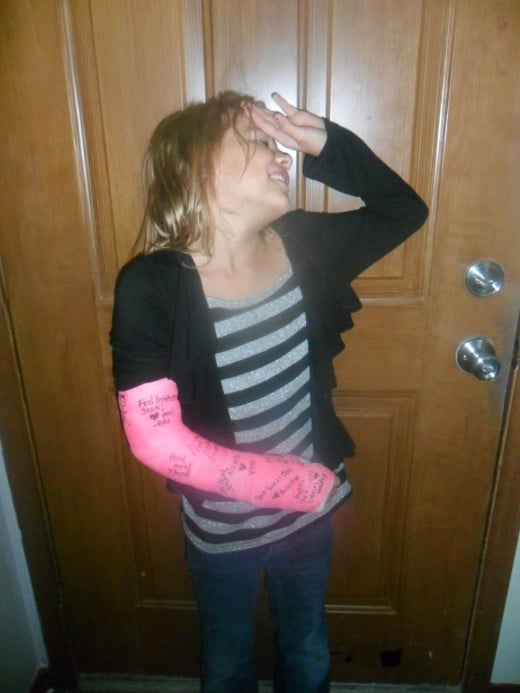
How do they go together?
There are a number of different disorders that can manifest in a person with BPD.
- Schizotypal
- Passive-Aggressive Personality Disorder
- Antisocial Personality Disorder
- Narcissistic Personality Disorder
Men with BPD are more prone to substance use, while women with BPD are more prone to eating disorders.
When they are combined:
When you have a friend or loved one suffering from BPD with NPD it is difficult at times to see the light at the end of the tunnel. With so many instabilities and unrealistic demands on the world and people around them, they can seem like a ticking time bomb.
He/she may change their mind, their outlook on life, their goals, or their opinion on something at the drop of a hat. If you are unable to keep up with this rapid shifting, he/she will feel hurt, attacked, abandoned, or misunderstood. They may resort to some of their more negative, manipulative tactics in order to regain the sense of stability and self they are constantly craving.
They live in a very delicately fabricated world, where the slightest upset means the crumbling of their entire infrastructure. It is a world where they are the center point. When they feel that the attention has shifted away from this it throws them into a panic.

Truth behind the mask
At the root behind this, and most personality disorders; is pain, fear, and low self-esteem.
Somewhere in their early development there was an event which jarred them off the track of healthy mental development and self image, to one of self preservation. It could have been a traumatic experience, sexual abuse, death of a loved one, or countless other tragedies. Whatever the case, when they needed someone the most, that person (or people) weren't there. They didn't get the love, attention, affection, or security they needed at that crucial point in their development.
They are scared, lost, sad, and lonely on the inside. The mask they wear is one of protection. It is held onto so strongly because they are afraid. They are afraid that if they let that mask drop, the outside world will see that same small child that "wasn't worth it" so very long ago.
Treatments and Cures
The medical world states that there is no known cause or cure for these and other mental illnesses. There are a number of triggers or factors which may/can cause them to occur, yet are not proven to do so. All they really have to go on is commonality between the history of those who have been diagnosed.
There are treatments which may help regulate the symptoms, but there is no pill or medicine that can completely correct the disorder. The most widely used course of action is therapy. The only problem with that is that the person who is suffering from the disorder has to be so self-harming or dangerous to others that they are committed against their will. Many cases go untreated and un-diagnosed because of this.
Even the suggestion that they may have BPD or NPD will send them into a fit of self-defense. They will feel attacked, misunderstood, and wronged. A person suffering from these conditions is incapable of seeing the truth of how their behavior is affecting themselves or others around them. They will lie, manipulate, and turn the tables in any way possible to remove themselves from the focus of such an accusation.
Handling it at home
Unfortunately, unless you have already gone through enough trauma for your BPD/NPD loved one to actually get diagnosed and on some sort of therapy plan, the best you can do is work around it as best as you can.
By understanding that the main source of these conditions is a lack of self-worth or self-esteem, rather than the overabundance the person shows, you can work on being supportive and understanding.
Try not to overindulge the symptomatic behaviors, rather seek out positive actions and choices to praise. Actions and choices they make which aren't direct attempts at receiving the attention. When you are able to give them sincere praise over unexpected events, this helps them to see that the negative behaviors aren't as necessary as they once were.
Helping your loved one to gain a healthier self-esteem is a long, slow process. You cannot "give" them a higher self-esteem. This is something they must develop on their own. Your part is to make this growth possible through opportunities, support, and understanding.
Disclaimer & all that jazz
I am not a medical professional in any way. I am not allowed to diagnose, cure, or treat any mental illness or illness of any kind. If you feel that you or someone you love is suffering from a mental illness, I encourage you to seek trained professional help.

